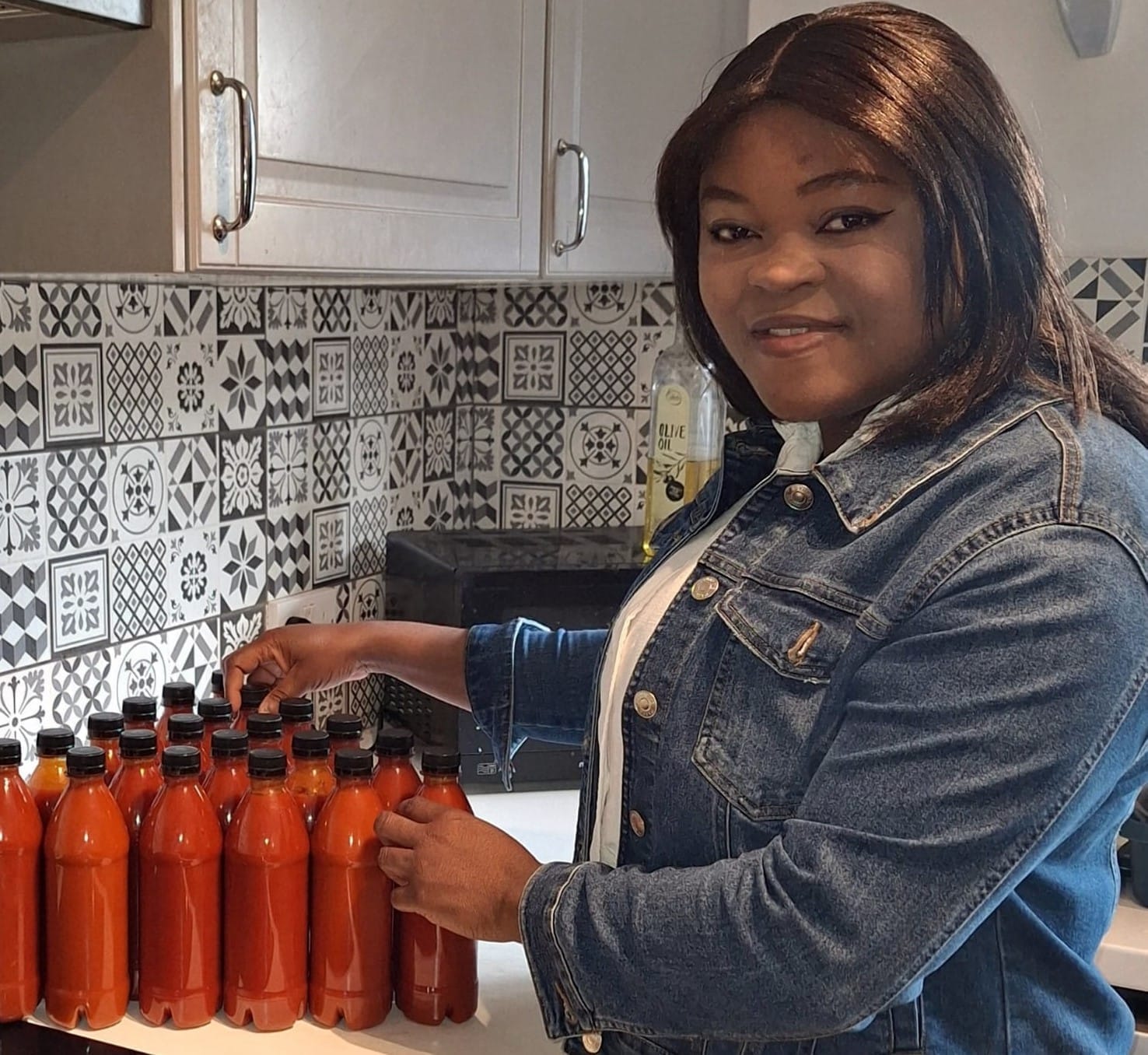10 Practical Ways Black Immigrants in the UK Can Cut Expenses to Save and Invest
Adjusting to life in the UK can be financially demanding—especially for Black immigrants juggling bills, remittances, education, and the pursuit of stability. With the cost of living rising and opportunities sometimes limited, financial freedom may seem out of reach.
But here’s a simple truth: you don’t have to earn more to begin building wealth—you just have to spend less intentionally.
Below are 10 culturally relevant and practical ways to keep your expenses low, backed by real-world data and timeless wisdom, so you can start saving and investing toward a better future.

1. Rethink Your Housing Strategy
Accommodation is usually the largest expense for most immigrants. Consider:
- Sharing a flat or renting a room.
- Relocating to more affordable areas outside city centres.
- Negotiating rent before signing a lease.
Housing takes up an average of 37% of monthly income for renters in the UK (Office for National Statistics).
"Cut your coat according to your cloth." — African Proverb

2. Control Your Food Budget
Food spending can spiral quickly. Instead of frequent takeaways:
- Shop at affordable supermarkets like Aldi, Lidl, or local ethnic stores.
- Cook at home, batch meals, and plan your weekly menu.
- Explore food banks or community food hubs if needed.
The average UK household throws away £60 worth of food every month, equating to £720 annually (WRAP UK).
"Do not bite off more than you can chew—especially when you're the one paying for the meal." — Gaius
3. Set Limits on Remittances (‘Black Tax’)
Supporting family back home is honourable—but it shouldn’t compromise your financial foundation. Consider:
- Creating a fixed monthly remittance budget.
- Automating your support as part of your planned expenses.
- Having honest conversations with family about your financial goals.
Sub-Saharan Africans living abroad send over $50 billion annually to relatives back home (World Bank), often without clear budgeting.
"You can’t pour from an empty cup. Take care of yourself first." — Unknown
4. Use Public Transport or Alternative Mobility
Owning a car in the UK can be a costly burden. Instead:
- Use buses, trains, and trams with Oyster cards or travel passes.
- Apply for a Railcard if you commute often.
- Walk or cycle when possible.
Owning and maintaining a car in the UK costs an average of £3,000–£4,500 a year (RAC Foundation).
"You don't need a Benz to build a business—walk if you must, but move forward." — Gaius

5. Cancel Unused Subscriptions
Many people unknowingly pay for services they don’t use or need.
- Review your bank statement for recurring charges.
- Cancel or downgrade services like Netflix, Spotify, Amazon Prime, etc.
- Avoid Buy Now Pay Later schemes unless absolutely necessary.
UK consumers waste an estimated £500 million a year on unused subscriptions (Barclaycard).
"Beware of little expenses; a small leak will sink a great ship." — Benjamin Franklin
6. Shop Smart: Buy Second-Hand or During Sales
Don’t let branding drain your pockets. Instead:
- Use Facebook Marketplace, Gumtree, and Vinted for essentials.
- Shop at charity stores for clothes, books, and furniture.
- Delay major purchases until sales seasons.
Buying second-hand instead of new can save households over £1,000 per year (Money Advice Service).
"The goal is not to look rich, but to be rich." — Morgan Housel
7. Track Every Pound You Spend
Budgeting is the foundation of financial discipline.
- Use apps like Monzo, Plum, or a simple spreadsheet.
- Break spending into categories: needs, wants, savings.
- Review your expenses monthly to track progress.
Budgeting households are twice as likely to reach savings goals compared to non-budgeters (MoneyHelper UK).
"What gets measured gets managed." — Peter Drucker

8. Embrace Community-Based Saving Models
Tap into familiar cultural systems:
- Join savings groups (esusu, ajo, partner).
- Explore local credit unions or mutual aid schemes.
- Use collective savings to fund big goals like deposits or business capital.
Community-based saving systems have helped immigrant families build homes, fund education, and launch businesses without formal credit.
"If you want to go fast, go alone. If you want to go far, go together." — African Proverb
9. Practice Delayed Gratification
Build your future by resisting short-term temptations.
- Differentiate between wants and needs.
- Pause 24–48 hours before making purchases.
- Train your mindset to celebrate restraint, not consumption.
People who master delayed gratification are more likely to achieve financial independence and life satisfaction (Stanford Marshmallow Study).
"Discipline is choosing between what you want now and what you want most." — Abraham Lincoln
10. Channel Every Saving into an Investment
Cutting costs isn’t the final step. Make your savings work.
- Open a Stocks & Shares ISA or Lifetime ISA.
- Start investing as little as £25/month.
- Learn about low-risk, long-term strategies like index funds or real estate.
Investing just £100/month at a 7% return grows to over £17,000 in 10 years.
"Don’t work for money. Make money work for you." — Robert Kiyosaki

Legacy Starts with Discipline
As a Black immigrant in the UK, your journey is marked by courage, sacrifice, and vision. Financial freedom is not about earning more, but making the most of what you already have.
Start with one change. Then another. And soon, you’ll be living below your means and building wealth above the line.
Take Action
- Audit your current expenses this week.
- Share this post with someone who needs it.
- Sign up to our newsletter for more culturally relevant money tips.
Remember: “Wealth is not how much you earn—it’s how wisely you manage what you have.”
Join StandTall Community for free
Created with © systeme.io


